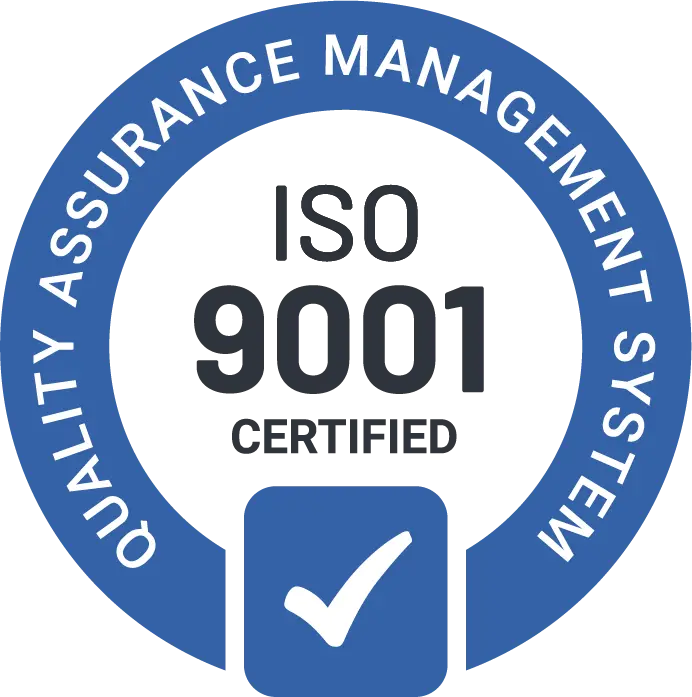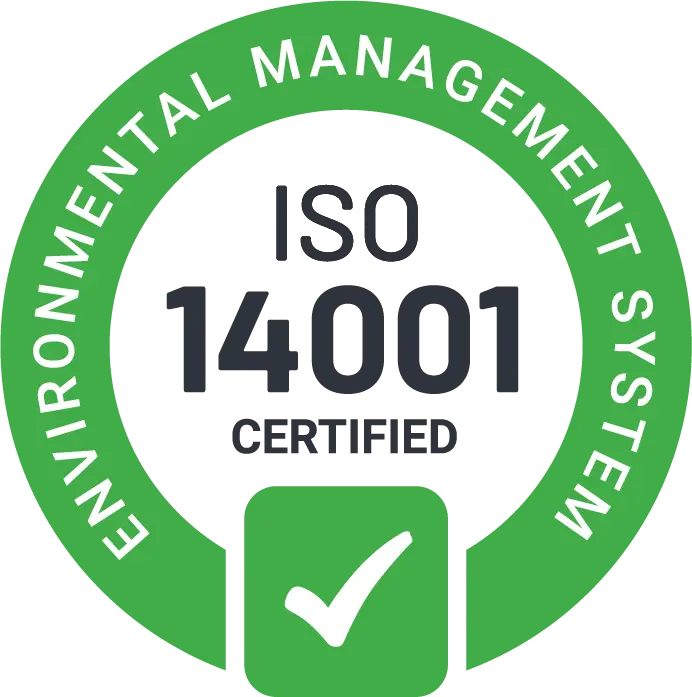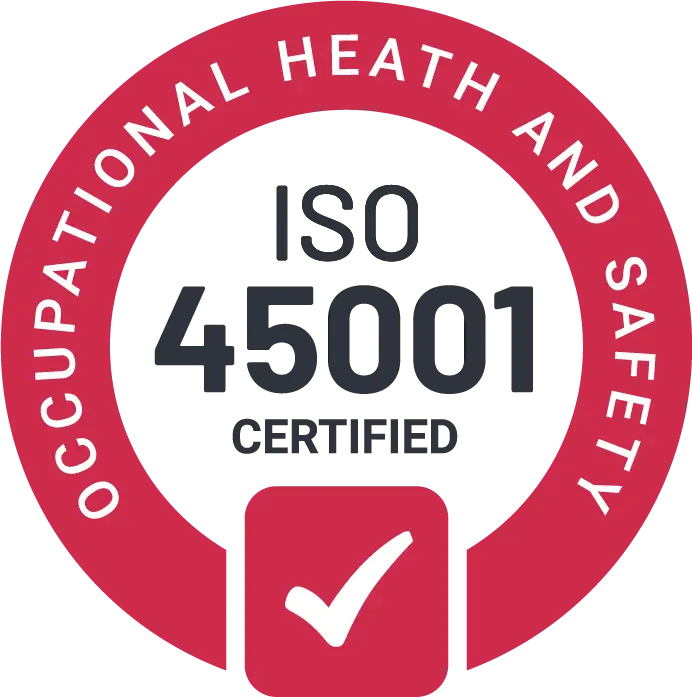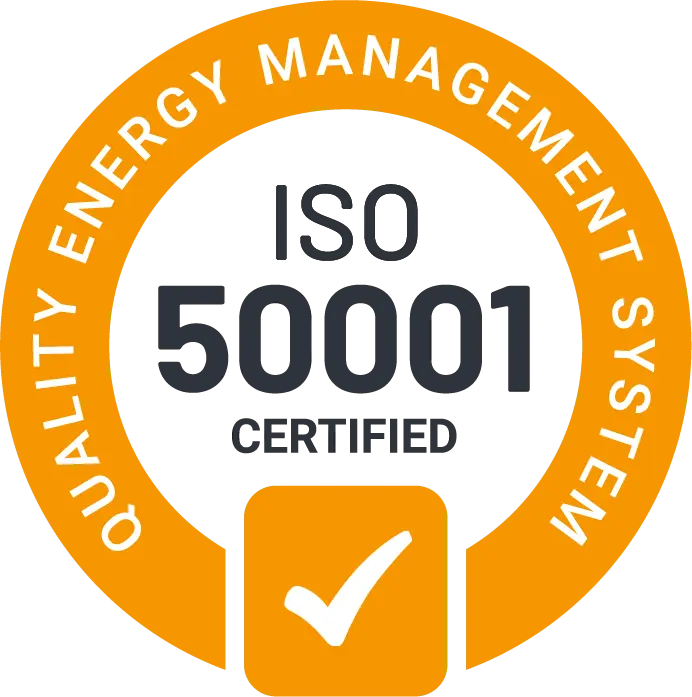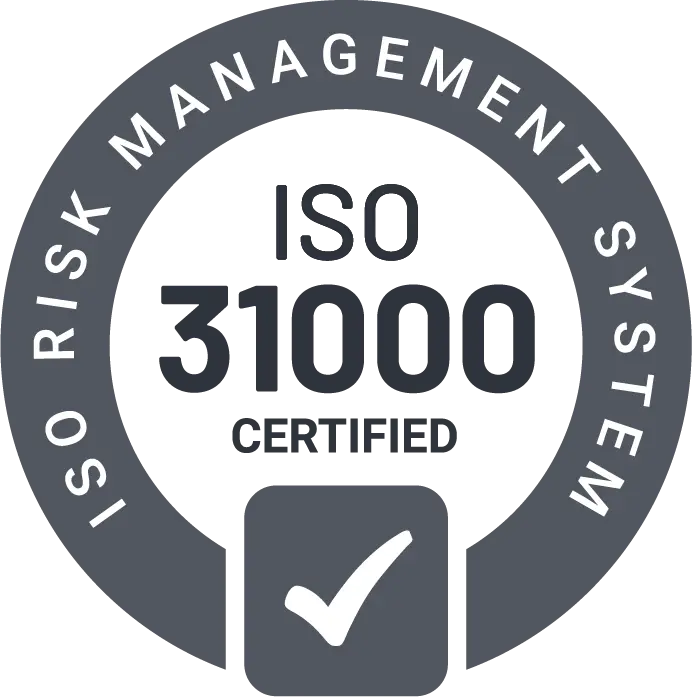Manufacturing
ISO Certification for Manufacturing: Elevating Quality, Efficiency, and Growth
Transform Your Operations, Boost Quality, and Gain a Competitive Edge

The New Face of Manufacturing: Where Tradition Meets Innovation
But amidst the whirlwind of new tech and evolving markets, one thing remains crystal clear: quality matters. And that’s where ISO standards come into play.
ISO Certification for Manufacturing: More Than Just Letters
Let’s get straight to the point. ISO certification for manufacturing isn’t just paperwork. It’s the key ingredient that can turn a good factory into a great one. These standards aren’t red tape – they’re tools to make your manufacturing better, faster, and smarter.
Whether you’re crafting precision parts, assembling circuit boards, mixing chemicals, or shaping metal, these standards offer a roadmap to excellence.
Straight Talk: Implementing ISO in Manufacturing
Let’s be honest: implementing ISO standards isn’t a walk in the park. It takes time, effort, and yes, some investment. But here’s the kicker: it’s worth it. Not in a vague, feel-good way, but in tangible, bottom-line-impacting ways.
It's not magic. It's methodical. It's not about drastic overhauls, but about smart, incremental improvements that compound over time.
How BCI CERT Guides Your ISO Certification for Manufacturing
At BCI CERT, we’re here to help with ISO certification for manufacturing. We don’t just talk about standards – we show you how to use them. Whether you’re making parts for planes or building with steel, we’ll guide you through the process. We’ll help you see how ISO can work for your specific factory needs.

Our auditors aren’t just clipboard-wielding inspectors. They’re manufacturing veterans who’ve been in your shoes. They understand the pressures, the challenges, and the opportunities unique to your sector.
We know that every manufacturing operation is unique. That’s why we don’t believe in one-size-fits-all solutions. Our approach is collaborative. We work with you to understand your specific challenges and goals. Then, we help you implement ISO standards in a way that makes sense for your business.
Certification Services
Management System Standards Certification Services
Each BCI CERT service is designed to assist industries and sectors in achieving and maintaining compliance with internationally recognized ISO standards.
Through detailed and objective auditing practices, we help businesses improve efficiency, manage risks, and continuously enhance their operations.
Remember, this process isn’t about jumping through hoops. It’s about systematically improving your operations and demonstrating your commitment to quality. At BCI CERT, we’re here to guide you through each step, ensuring you not only achieve certification but also realize tangible benefits along the way.
BCI CERT: Your Source for ISO Certification Services and Auditing Expertise
ISO Certification for Manufacturing: Your Path to Excellence
ISO certification isn’t just a certificate to frame on your wall. It’s a powerful tool that, when wielded correctly, can sharpen your competitive edge, streamline your operations, and set you up for sustainable growth.
In today’s global marketplace, ISO certification is often the ticket to new opportunities. It opens doors to new markets, new customers, and new partnerships. It’s a universal language of quality that speaks volumes to potential clients and collaborators.
But perhaps most importantly, ISO standards provide a framework for continuous improvement. They’re not about reaching a finish line—they’re about embarking on a journey of ongoing enhancement and innovation.
Remember, in the world of manufacturing, standing still is moving backward. ISO standards are your ticket to moving forward—confidently and competitively. Whether you’re crafting precision machined parts, assembling cutting-edge electronics, formulating innovative chemicals, or fabricating robust metal structures, ISO standards can help you do it better, safer, and more efficiently.
Ready to take the next step? Let’s talk. At BCI CERT, we’re not just certification providers—we’re partners in your success. Together, we can turn ISO standards into your secret weapon for manufacturing excellence.
ISO in Manufacturing: Your Top Questions Answered
Considering ISO certification for manufacturing? We understand it can seem overwhelming when you’re already managing a busy factory. You likely have questions about the process, and we’re here to provide answers. Let’s address the most common inquiries we receive from manufacturers about ISO certification.
From concerns about process disruption to questions about ROI, we’re here to demystify ISO certification and show you how it can work for your business. Let’s dive into the questions that matter most to manufacturers considering the ISO journey.
Take the first step towards growth.
Start today with BCI CERT and elevate your business through streamlined Management Systems Certification.





